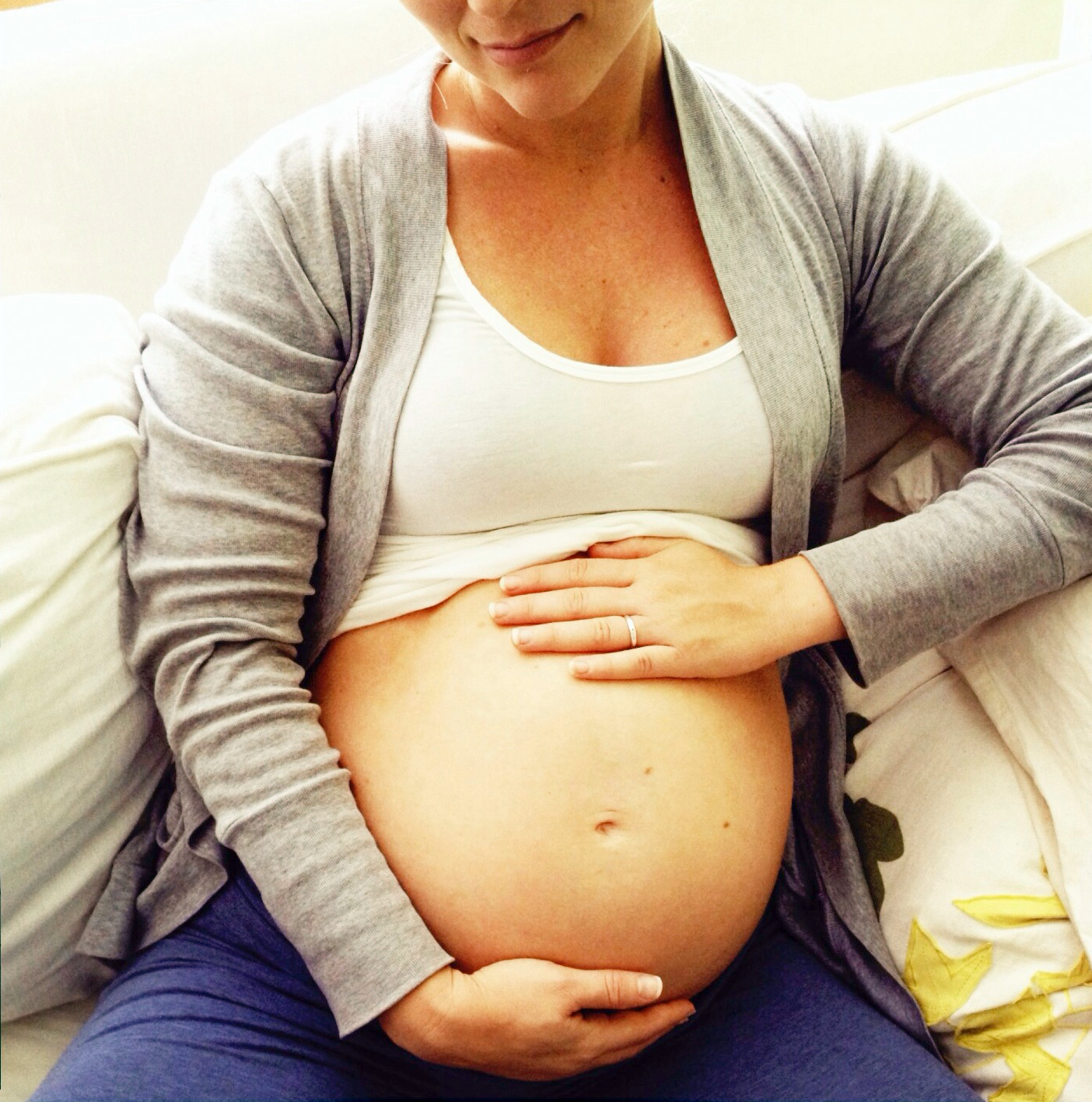Nausea and vomiting of pregnancy (NVP) or “morning sickness” affect up to 90% of women. The symptoms are usually worse in the morning for most, but not all, women. Nausea and vomiting typically begin around weeks 8 of gestation and subside after 12–14 weeks. However, in about 10% of pregnancies, women continue to experience nausea and vomiting beyond 20 weeks of gestation and sometimes even until delivery.
Hyperemesis Gravidarum (HG) is a different story. Women experience persistent and severe nausea and vomiting which results in dehydration, weight loss, and electrolyte disturbances. While milder cases may be managed with dietary changes and restriction of activity, more severe cases often require intravenous fluids and medication management. Most commonly used in this setting are metoclopramide, ondansetron (Zofran), and antireflux medications. However, there is some data to support the use of the antidepressant mirtazapine (Remeron).
Unlike typical serotonin reuptake inhibitor antidepressants, mirtazapine acts as an antagonist at the serotonin 5-HT3 receptor. This makes mirtazapine less likely to cause nausea; there is also suggestion that mirtazapine might have antiemetic effects, and it has been used to treat nausea and vomiting in a variety of medical settings.
There are also case reports of mirtazapine used to treat hyperemesis gravidarum. In most of these cases, patients who had failed to respond to conventional antiemetic treatment received mirtazapine 30 mg/day and intravenous fluid support. Typically women responded quickly to mirtazapine, often within 24 to 48 hours, and were able to resume an oral diet within a few days after the initiation of treatment. It is not clear how long to maintain treatment with mirtazapine; however, one case report indicated that HG recurred shortly after cessation of mirtazapine.
Because our information regarding the reproductive safety of mirtazapine is somewhat limited, we might not chose to use mirtazapine for all pregnant women with nausea and vomiting. However, it does seem as if it may be a promising intervention for women with hyperemesis gravidarum. Clinically we have observed that this condition is often associated with significant anxiety, and mirtazapine may have certain advantages over conventional treatments.
Ruta Nonacs, MD PhD
Guclu S, Gol M, Dogan E, Saygili U.
Arch Gynecol Obstet. 2005 Oct;272(4):298-300.








Thank-you for publishing this! I was on remeron for my entire pregnancy for treatment resistant hyperemesis and it saved my and my baby’s life!
Melissa, which was the dose you took daily?